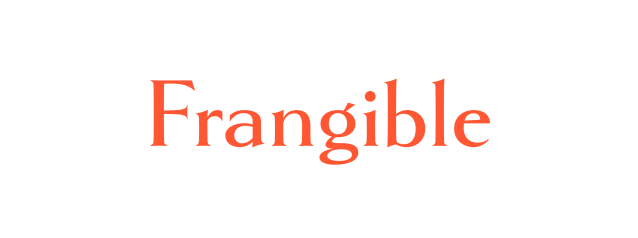Denouement
Noun
- The final part of a play, movie, or narrative in which the strands of the plot are drawn together and matters are explained or resolved.
- The climax of a chain of events, usually when something is decided or made clear.
Example Sentences
“The final episode of the TV series tied up the loose ends with the satisfying denouement we’d been hoping for.”
“If you want a happy ending, you will be disappointed by the play’s denouement.”
“Following an epic journey fighting wars and slaying monsters, the denouement of Homer’s ‘Odyssey’ finally sees the hero reclaim his home.”
Word Origin
French, mid-18th century
Why this word?
The resolution of a story is the point when all the loose ends are tied up. Questions about plot or unsolved mysteries and the strands of what happened to the characters are pulled together. These terms are at odds with the word “denouement,” which refers to the climactic part of a story, because it comes from a French word for “untying.” Perhaps in French, all the knots of the story have become untangled and made clear, but in English, the denouement gives us the answers tied up in a bow.








 Subscribe to Better Report
Subscribe to Better Report

